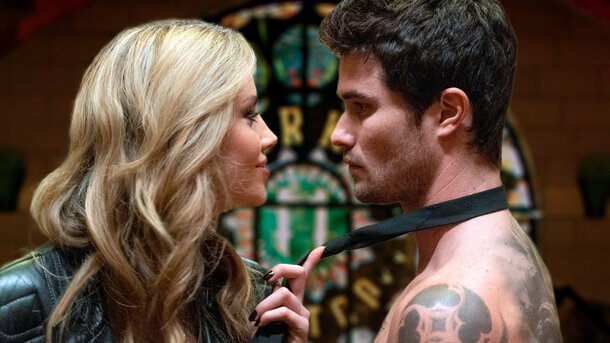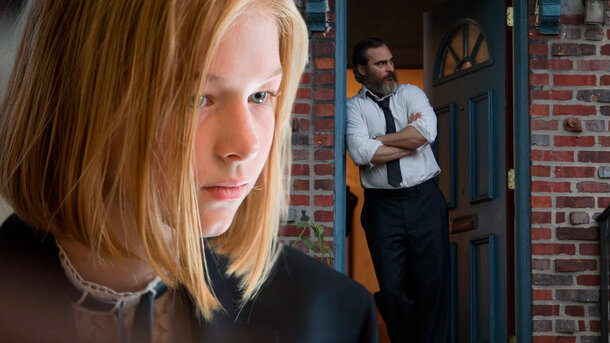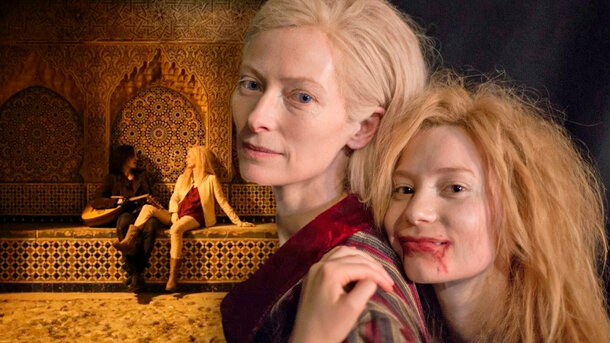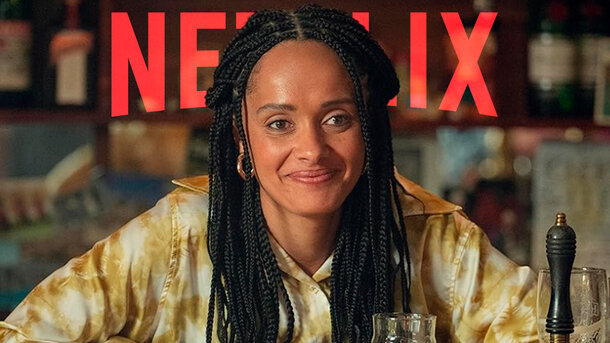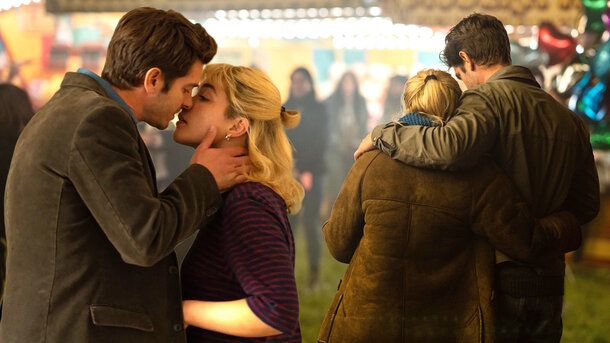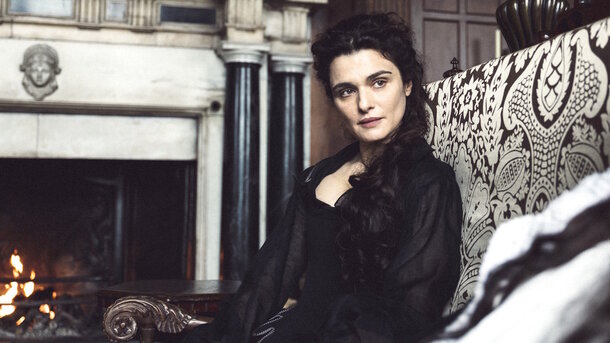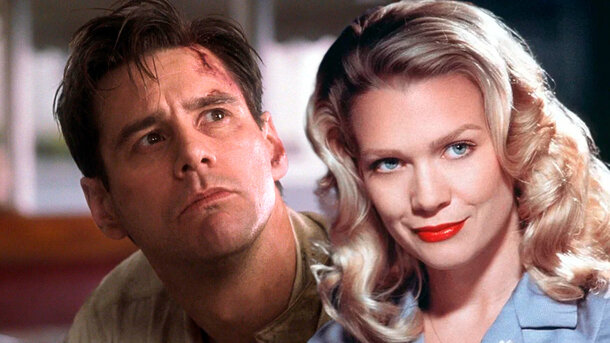When I first heard about Grand Tour, directed by Miguel Gomes, I was immediately intrigued by its premise. A historical drama that blends fiction with documentary elements, set in the beginning of the 20th century during the period of British colonial rule in Burma? That’s an ambitious vision — and one that Gomes, known for his unique storytelling techniques, executes masterfully.
A Journey Unlike Any Other!
From the moment the Grand Tour (2024) begins, you can feel its hypnotic pull — like a dream half-remembered but impossible to shake. Miguel Gomes, known for his poetic and unconventional storytelling, invites us on a visually stunning odyssey through early 20th-century Asia. This is no ordinary travelogue; it’s an evocative blend of history, romance, and existential longing.
A Plot That Wanders Like a Lost Soul
Set in 1918, the film follows Edward (Gonçalo Waddington), a British colonial officer who, gripped by sudden panic, abandons his fiancée Molly (Crista Alfaiate) and embarks on a journey across Rangoon, Singapore, Bangkok, and Shanghai. But Molly refuses to be left behind. As she chases Edward, their story unfolds like a ghostly echo across time and space, leaving us to wonder — can we ever truly outrun fate?
Miguel Gomes’ Unmistakable Vision
Gomes is a filmmaker who bends time itself, and Grand Tour is proof of his genius. He weaves archival footage, reenactments, and cinematic magic to create something utterly unique. The past doesn’t just live in this film; it breathes, pulsates, and whispers secrets we can barely comprehend. Every scene feels like a rediscovered postcard from a forgotten world.
Performances That Linger
Gonçalo Waddington captures Edward’s quiet desperation with haunting precision. He’s not just running from Molly — he’s running from himself. Crista Alfaiate, meanwhile, is radiant as the determined Molly, transforming from a woman abandoned into a symbol of resilience and love. Their chemistry is understated but profoundly affecting, reminding us that the deepest emotions are often unspoken.
A Cinematic Love Letter
The cinematography is pure poetry. The film shifts between lush, painterly compositions and raw, documentary-like textures, making every frame feel alive. Whether it’s a bustling colonial street or the melancholic glow of a distant city, Grand Tour captures the beauty and transience of travel — like a train that never stops long enough to call anywhere home.
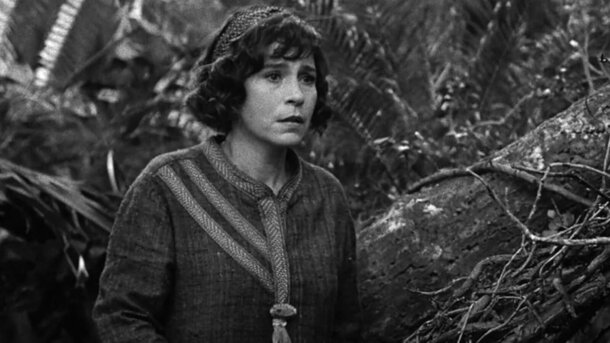
More Than Just a Story — A Reflection on Time
Beyond its personal tale, the film subtly explores colonialism, memory, and the ephemeral nature of existence. Edward and Molly aren’t just two lost lovers — they’re metaphors for the restless human spirit, forever searching, never quite arriving.
The Numbers Speak
- Budget: Undisclosed, but given Gomes’ style, likely modest yet masterfully utilized.
- IMDb Rating: Still unfolding, as critics and audiences digest its impact.
Final Verdict – A Spellbinding Experience
Grand Tour is not a film for those who crave straightforward storytelling. It demands patience, rewards introspection, and lingers in your mind long after the credits roll. It’s a cinematic spell — one that, once cast, refuses to be broken.
Would I recommend it? Absolutely — if you’re willing to embrace the journey.


